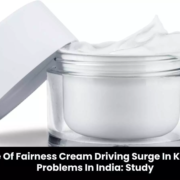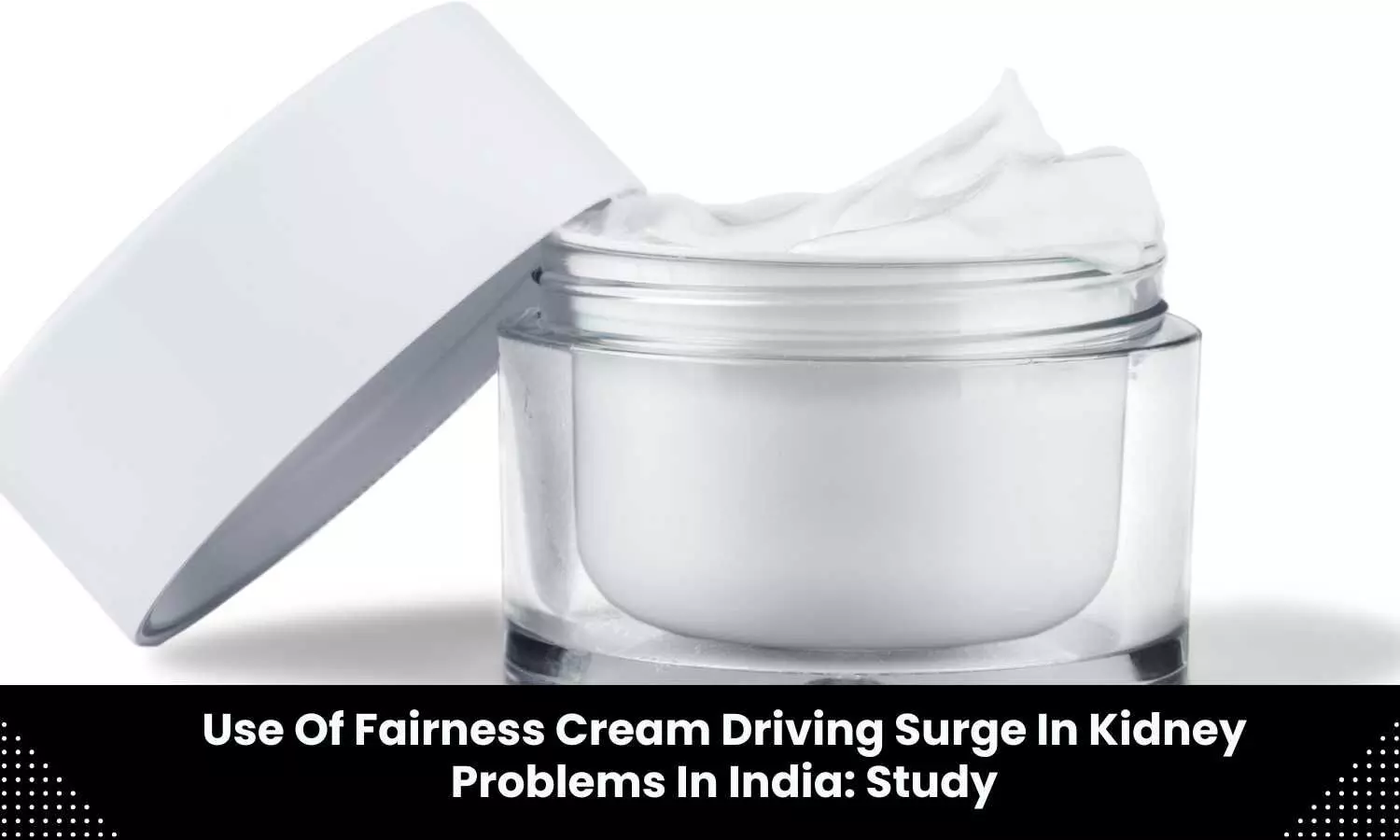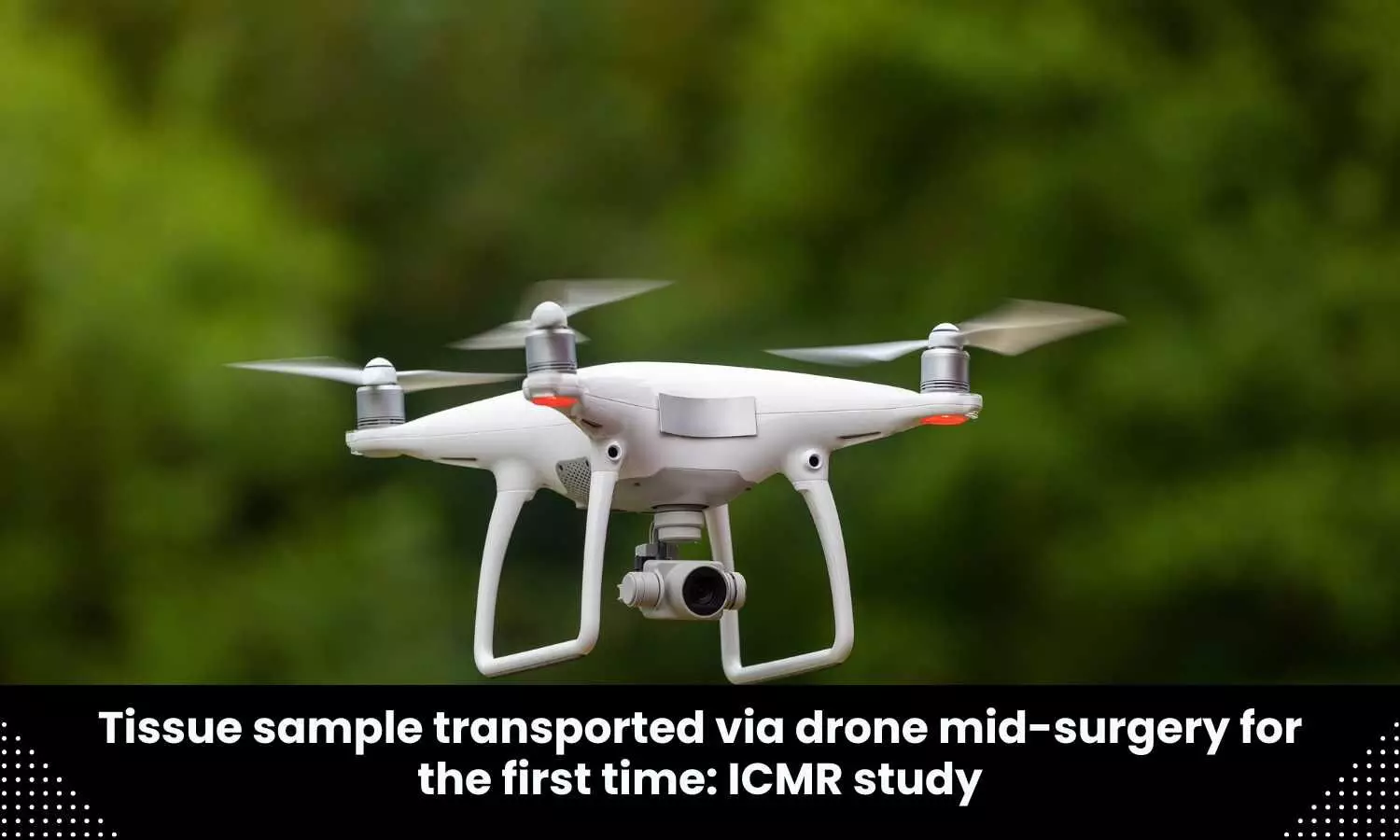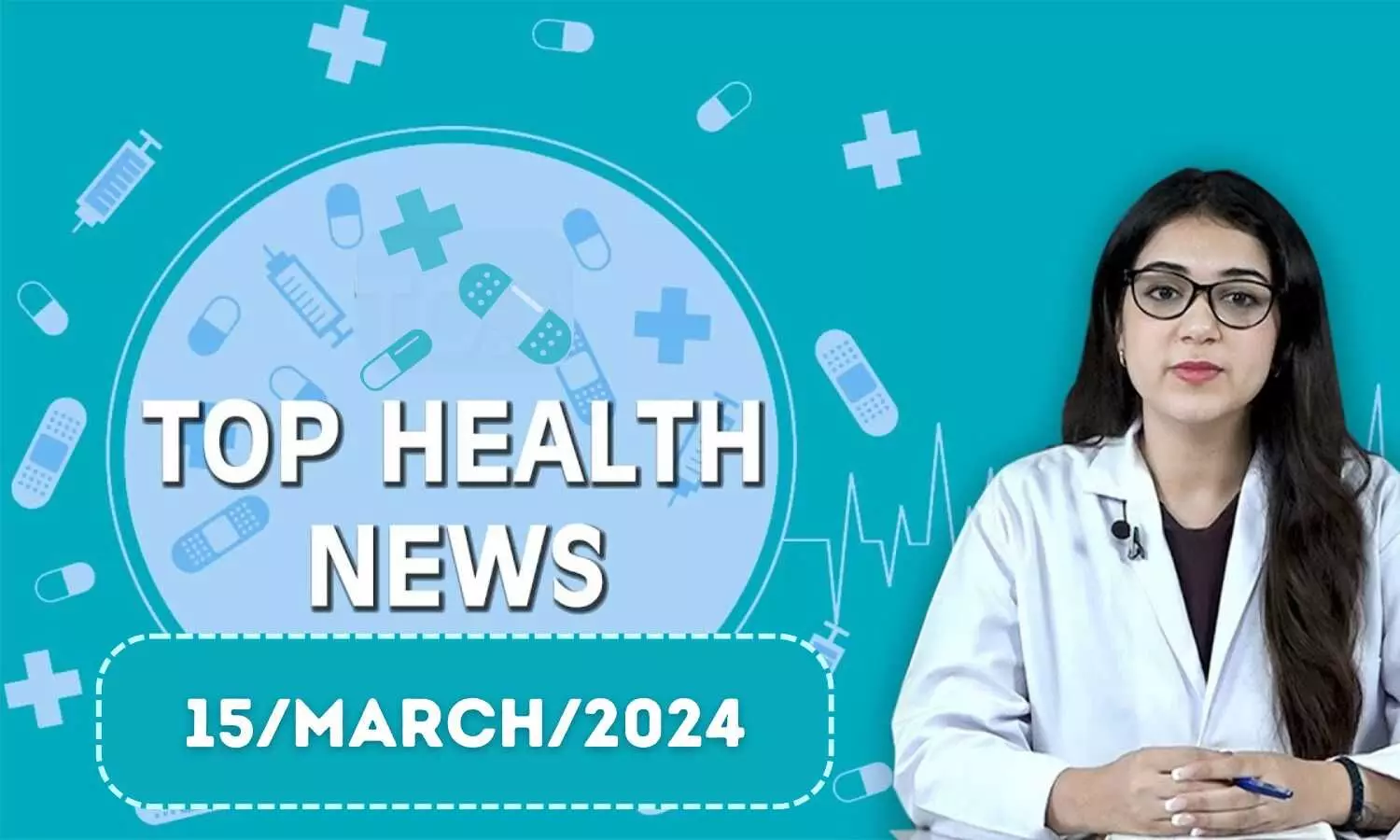New Delhi: A study conducted by the Indian Council of Medical Research (ICMR) has found that 45 per cent of prescriptions deviated from standard treatment guidelines, with nearly 10 per cent involving “unacceptable deviations”.
The potential consequences of these deviations could have led to increased cost for patients and probability of increase in the number of adverse drug reactions or even treatment failure, according to the study.
The study — which was published in the health research agency’s Indian Journal of Medical Research in February — scrutinised 7,800 prescriptions from outpatient departments of 13 tertiary care hospitals and medical colleges, including the All India Institute of Medical Sciences (AIIMS) in New Delhi and Bhopal, KEM Hospital in Mumbai, Post Graduate Institute of Medical Education & Research (PGIMER) in Chandigarh, and Jawaharlal Institute of Postgraduate Medical Education & Research (JIPMER) in Puducherry, news agency PTI reported.
Christian Medical College (CMC) in Vellore was the only non-government hospital included in the analysis, which spanned from August 2019 to August 2020.
The study titled ‘Evaluation of prescriptions from tertiary care hospitals across India for deviations from treatment guidelines and their potential consequences’ scrutinized 4,838 prescriptions from August 2019 to August 2020.
Also Read:Attention Doctors: Now, You have to mention exact indication, reason, justification while prescribing antibiotics
A deviation that could result in a drug interaction, lack of response, increased cost, preventable adverse drug reaction (ADR) and/or antimicrobial resistance was labelled as an ‘unacceptable deviation’.
According to the PTI report, “Against all the prescriptions assessed, about one-tenth of them (9.8 per cent) had unacceptable deviations,” the study said.
All the prescribers were postgraduates in their respective disciplines and on average were in practice for four to 18 years.
Of the 475 prescriptions found to have deviations, 102 included more than one diagnosis, sometimes resulting in inappropriate drug prescriptions. Drugs like pantoprazole, rabeprazole and domperidone combination, trypsin/chymotrypsin, serratiopeptidase, ranitidine, azithromycin, cefixime, amoxicillin and clavulanic acid combination, and aceclofenac were commonly identified in prescriptions with unacceptable deviations.
“It appears that the above drugs were prescribed to not only treat the symptoms but also to treat potential side effects of the drugs prescribed.
“For patients with pain as a presenting symptom, analgesics were co-prescribed with pantoprazole. Gastroprotective drugs are to be prescribed if the patient has a risk for developing peptic ulcer.
“Unnecessary prescribing of pantoprazole may lead to potential side effects such as abdominal bloating, oedema and rash,” the study stated.
Similarly, it was observed that rabeprazole and domperidone combination along with antacids was prescribed for functional dyspepsia which is not recommended in national/international guidelines.
In this study, participants presenting with bilateral knee pain (osteoarthritis) were prescribed trypsin/chymotrypsin along with analgesics and/or serratiopeptidase with antibiotics. Existing scientific evidence for serratiopeptidase is not sufficient to support its use, it said.
The study further said the FDC (trypsin plus chymotrypsin) prescription is irrational and increases the cost of therapy. Azithromycin and the FDC (fixed dose combinations) amoxicillin plus clavulanic acid were co-prescribed in upper respiratory tract infections (URTI), which was inappropriate and can contribute to antimicrobial resistance (AMR) in the long run.
Furthermore, cefixime was prescribed to patients suffering from acute otitis media (not the first choice as per STGs) along with an antihistaminic, an analgesic and an anti-ulcer drug resulting in an unacceptable deviation, the study found.
Most of the physicians followed the disease-specific ICMR guidelines and the adherence to it was found to be around 55 per cent.
For those conditions where there were no Indian guidelines or recent updates in the guidelines, physicians used the international guidelines as these are not only updated regularly but also easily accessible in the public domain, the study stated.
To minimise the deviations, clinicians recommended online training on rational prescribing and administrative directives as potential interventions.
Inappropriate prescribing of medicines is a major clinical concern and can negatively impact upon efficacy, safety and economic issues for the patients. Hence, the treatment of patients in clinical practice should be individualised and based on principles of rational prescribing, the study asserted.
The present definition of rational use was drafted by the World Health Organisation (WHO) more than three decades ago at an international conference in Kenya in 1985.
However, inappropriate prescribing is still a problem and worldwide over 50 per cent of the medications may be prescribed or dispensed inappropriately and 50 per cent of the patients may be non-compliant to their medication.
Inappropriate prescriptions can lead to an increase in adverse drug reactions, hospitalisation and increase in cost of treatment.
Inappropriate use of medicines includes but is not limited to, selecting injectable forms or expensive drugs when cheaper alternatives are available, polypharmacy, unwarranted antibiotic use, failure to adhere to clinical guidelines and non-compliance by patients to prescribed drug regimens.














